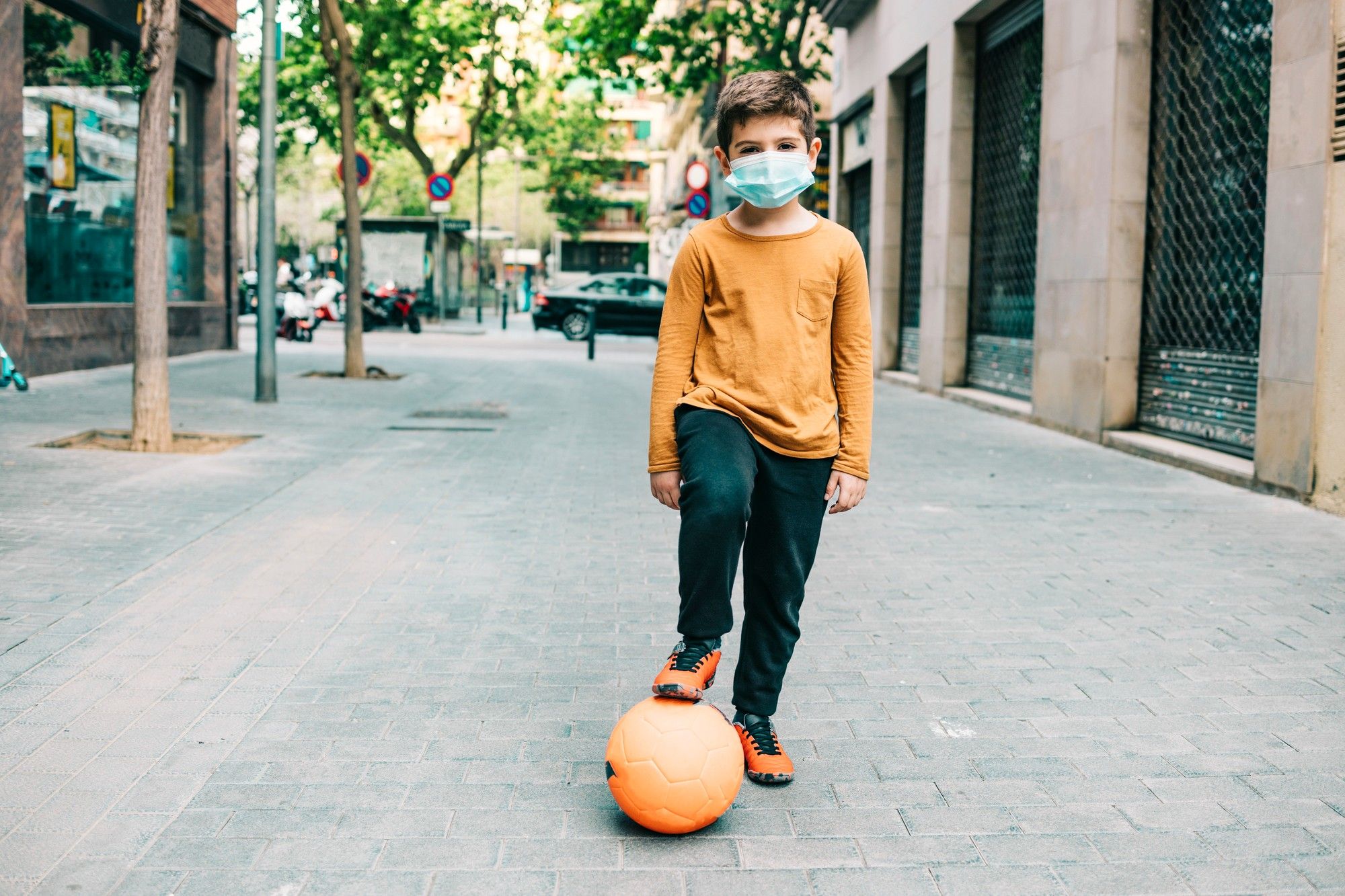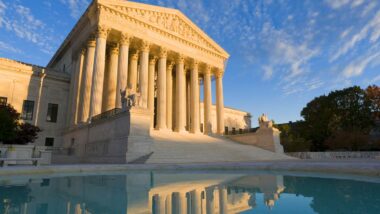Top Class Actions’s website and social media posts use affiliate links. If you make a purchase using such links, we may receive a commission, but it will not result in any additional charges to you. Please review our Affiliate Link Disclosure for more information.
A Minnesota group has filed a lawsuit alleging that Gov. Tim Walz’s order pausing youth sports for four weeks during the coronavirus pandemic is unconstitutional.
Let Them Play MN, along with several minors and their parents or guardians, filed the lawsuit in federal court Thursday, naming Walz, Minnesota Attorney General Keith Ellison, and others as defendants.
The plaintiffs maintain the four-week pause is a violation of their First and 14th Amendment rights and are asking the court to put a stop to the order’s enforcement.
While the lawsuit acknowledges COVID-19 is a serious threat to public health, it also argues children in Minnesota “should not be required to accept, nor will the law allow, arbitrary and irrational burdens.”
The ban on youth sports “singles out young people for harm,” the lawsuit alleges, “even though State officials are aware the decision lacks support in sound science or common sense.”
According to the plaintiffs, a ban on youth sports actually increases rather than reduces the spread of coronavirus.
State officials lack evidence supporting such a ban, and “seek to avoid scrutiny by deploying scientific terms as a defensive veneer.”
The lawsuit points out Walz’s order also “prohibits collective action by those who would dissent,” such as gathering in protest — even with social distancing — violating the First Amendment.
The plaintiffs go into great detail in their lawsuit about the benefits of youth sports, including the promotion of good mental and physical health.
They point out Walz himself has acknowledged the value in youth sports, quoting him as saying, “The well-rounded student has these extracurricular activities, whether they be football, concert band, speech and debate, volleyball. And to try and get our students back into them — if we can do it safely with what we know now — we should try to do so.”
Walz, like most states’ governors, has taken a number of steps this year attempting to stem the tide of coronavirus infections. One of the ways in which he has done this is through executive orders, such as the one issued Nov. 18, the lawsuit says.
The plaintiffs say Walz used data and advice from the Minnesota Department of Health in issuing the order, which required the shutdown of some facilities and organizations used by the plaintiffs, such as gyms, recreation centers, and organized youth sports.

Let Them Play MN goes on to state that during a less-than-two-week period after Walz issued the order, the Minnesota Gopher football team had 23 student-athletes and 26 staff test positive for COVID-19.
Before issuing the order, Walz allegedly pointed out the 18-to-35 age group made up “a disproportionate number of cases” of COVID-19 and his order would target areas in which that age group congregated.
“Professional and collegiate athletes generally fall between 18 and 35 years old,” the lawsuit says.
And yet, those groups were allowed to continue playing sports, while youth sports were put on hold, the plaintiffs state.
According to health department numbers, the plaintiffs allege, through Oct. 24 there were relatively few reported cases of COVID-19 associated with sports this year; only 66 were reported, most at the high-school level.
There is no “material risk of COVID-19 transmission related to sports, particularly if MDH had stepped back and considered that hundreds of thousands of Minnesota kids have participated in youth sports in 2020,” the lawsuit says.
“Nobody wants this to run on any longer than what we have already seen,” plaintiffs’ counsel told the Minneapolis Star Tribune. “What we’re hearing is that there’s a possibility of him extending it into the new year.”
Walz is expected to announce Monday whether his order is being extended, KSTP reported.
The plaintiffs are seeking a declaration that the provision in Walz’s executive order related to youth sports is unconstitutional and an order enjoining either the provision or the order as a whole from being enforced.
They also seek an award of nominal damages, reasonable attorneys’ fees and costs, and any other relief the Court deems proper.
Do you think youth sports should be prohibited for now? Tell us your thoughts in the comments below.
The plaintiffs are represented by Samuel W. Diehl and Ryan D. Wilson of Crosscastle PA.
The Youth Sports COVID-19 Restrictions Lawsuit is Let Them Play MN, et al. v. Gov. Tim Walz, Case No. 0:20-cv-2505, in the U.S. District Court for the District of Minnesota.
Coronavirus Lawsuits & Legal Issues
Since the COVID pandemic shut down the country, Top Class Actions has been keeping you up to date on the latest Coronavirus lawsuits and legal issues.
ATTORNEY ADVERTISING
Top Class Actions is a Proud Member of the American Bar Association
LEGAL INFORMATION IS NOT LEGAL ADVICE
Top Class Actions Legal Statement
©2008 – 2024 Top Class Actions® LLC
Various Trademarks held by their respective owners
This website is not intended for viewing or usage by European Union citizens.















